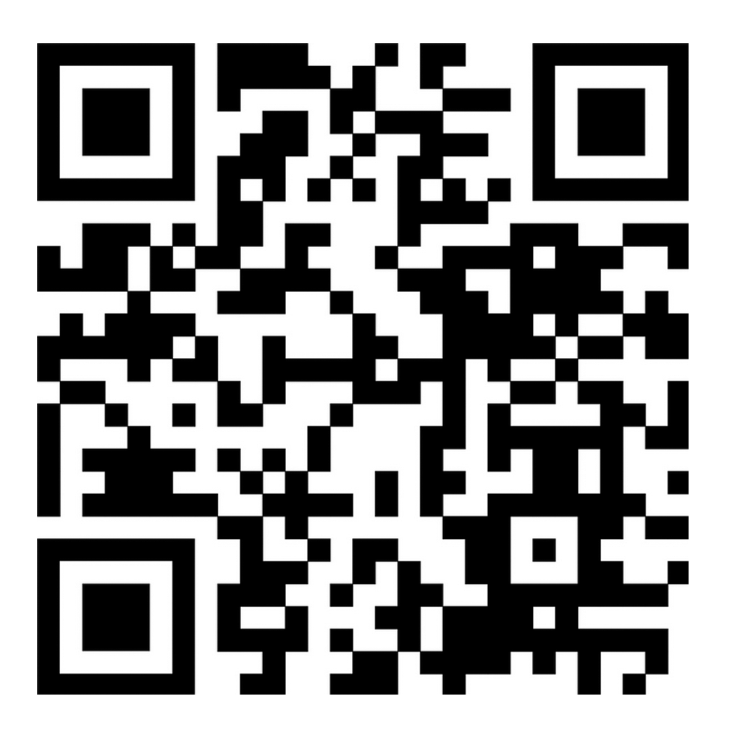
Non-avid Reader
Figurative language. Nothing is more confusing to me than the use of figurative language. I don’t understand why everyone feels the need to use all of these abstract, fluffy figurative language devices all the time in literature. Whenever I see figurative language it frustrates me so much, like I’m a solitary whale swimming against the current of ignorant authors and extraneous language. In my opinion, writing is meant to inform, and should be done in the most exact, simplest way possible. Adding all of these extra adjectives or descriptions causes nothing but unbearable strife, as if it’s a literary terrorist, going to destroy all clarity in language. I have no idea why anyone would use such language.
Imagine my frustration when upon opening a novel about the travels of a young, British man, hoping to be informed about the challenges of nautical navigation and discovery in 18th century Europe, I instead found a dense array of descriptions of oddly small or large people, and strange human-like animals. I can only assume these descriptions are symbolic of some sort of moral message or social commentary, but they did absolutely nothing to heighten my understanding of the difficulties of finding islands with early navigation technology.
As I sat there reading the book, I felt… not quite angry. Frustrated isn’t the right word either… it was almost like someone had reached down, grabbed my stomach and squeezed it a little bit, completely unprompted. How could such an esteemed author intentionally be so indirect with the literal language and descriptions they were using?
When I finally reached the end of the book, this feeling had grown into something different entirely. It was beyond rage and confusion towards the lack of directness of the novel. I felt restless and destructive as well, kind of like a giant wave in the middle of a rough ocean about to wildly crash down on something big and impressive-looking. And my insides felt as if they were full of a blackness that came from a failed endeavor to learn something. Not like just an average black color though, it was more like the empty, dead black of charcoal, that was consumed and diminished by a fire.
I have found that pieces of literature which effectively communicate and inform in a straightforward, no-nonsense sort of way are few and far between. However, as I have come across a few quality works, I am left with a sliver of hope that the literary sphere will shift and improve its standards.
The last such quality piece I stumbled upon would have to be the “Black & Decker 617623-00 Cordless Drill User Manual.” So to the point and straight forward, I knew immediately how to use the tool after one quick read-through. I don’t believe I can fully describe the pleasure and satisfaction I got from reading that piece. The way that the words pulsed and flowed effortlessly together, with not a single unnecessary letter or punctuation mark, never once deviating from the clear, oh-so-exact path, never once straying from the literal and purely informative bounds of the text. Each numerical step and illustration dodged every hint of abstraction, avoided every possibility for comparison, and slid past every opportunity for symbolism and metaphor.
I can do nothing but hope, with the utmost passion and devotion, as I desperately try to shine a light on those most ignorant, that other writers and critics will also realize the utter uselessness of figurative language to convey ideas.











